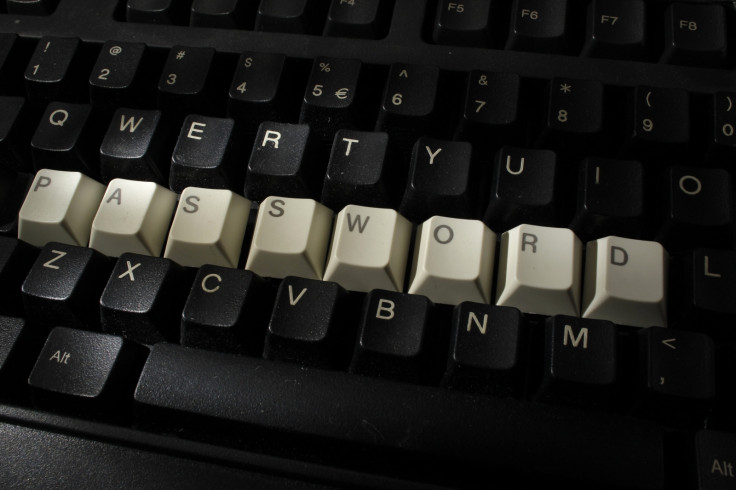Russian Hacked Webcam Streaming: How Safe Are Your Online Habits in the Age of Cybercrime?
Emmanuel Schalit is CEO of the password and security specialists, Dashlane.

Hackers just published thousands of webcam streams from individuals and businesses. By simply visiting a website someone on the other side of the globe can watch what's happening in a child's room in a Birmingham, or in a clothing store in Aix en Provence.
How is this possible? It appears that some of these webcam users haven't changed their device's default password, allowing hackers to effortlessly crack their video stream.
This newly exposed hack illustrates the security challenges we face with the development of a variety of connected devices - the ecosystem of which is becoming know as the "Internet of Things". The Gartner Institute has estimated that there will be 4.9 billion connected gadgets in the world in 2015.
They are everywhere – in your house (home automation), on your body (activity trackers, smart watches), in your car (navigation), or inside your clothing (biometrics) – and new ones are created every day.
Cloud data and online security habits
To provide value to users, the device data collected from their everyday life is typically accessed through websites that provide collation, analysis, and visual representation - and all of this data is stored on cloud servers.
But here's the thing - people are digitising details of their life at a rapid pace but they are not replicating basic real-life security behaviour. How many Brits still use the same password for several websites, when by now they should know that using a different password for every website is a straightforward online security rule?
Many people tend to underestimate the risks they encounter while using the Internet, and think they can simply reset their email or cancel bank transactions if they are hacked.
But have you ever imagined what hacking looks like in the Internet of Things era? A child monitoring webcam that shut downs without prior notice; a driverless car that doesn't stop when it should; corrupted health data that leads to incorrect prescriptions; pacemakers or insulin pumps that malfunction - the list goes on.
It's not only our identity or our bank account that is under threat. Now we need to protect ourselves and our families. Online Security is not solely about money or privacy any more. With the connected devices boom, it now affects all our activities, our health, our everyday life and our own family.
The nature of the risks have changed. A few years ago, digital risk was fully contained in a bulky device on our desk; the personal computer. We were protecting ourselves with antivirus and firewall software.
Today we are also at risk in the cloud: that's where we store our personal data, and that's where hackers have the potential to take control of our connected devices.
Let's not forget – all that stands between a hacker and your data and devices is a simple password.
© Copyright IBTimes 2025. All rights reserved.





















